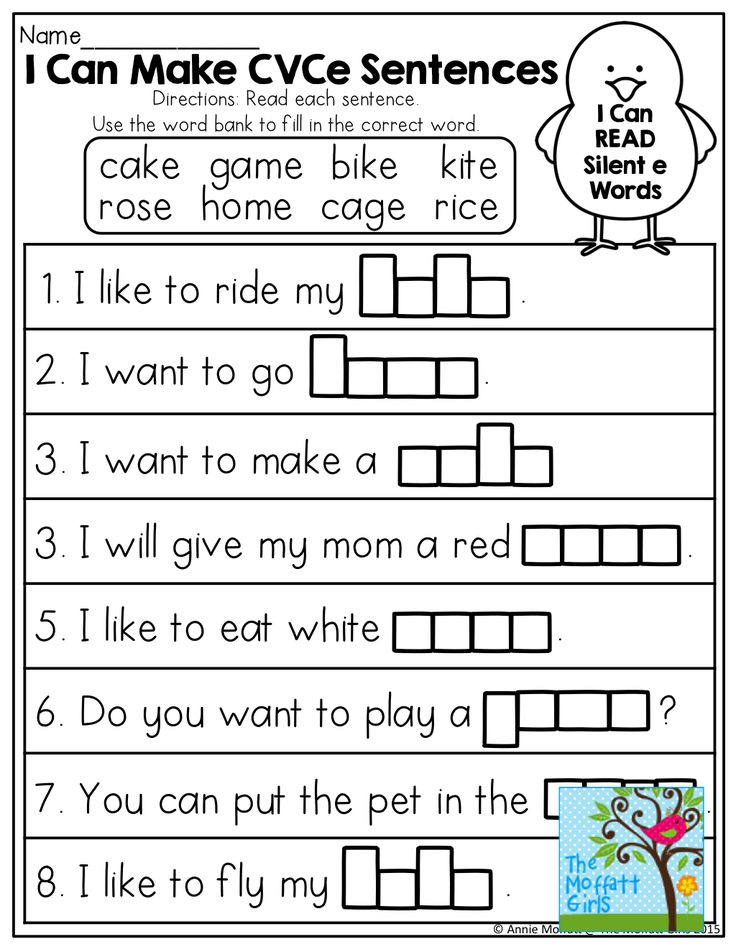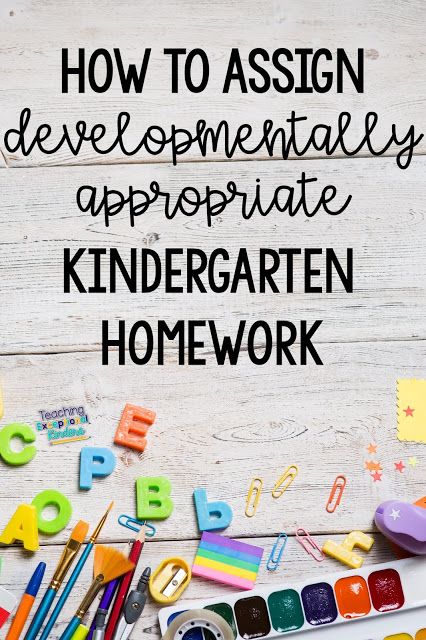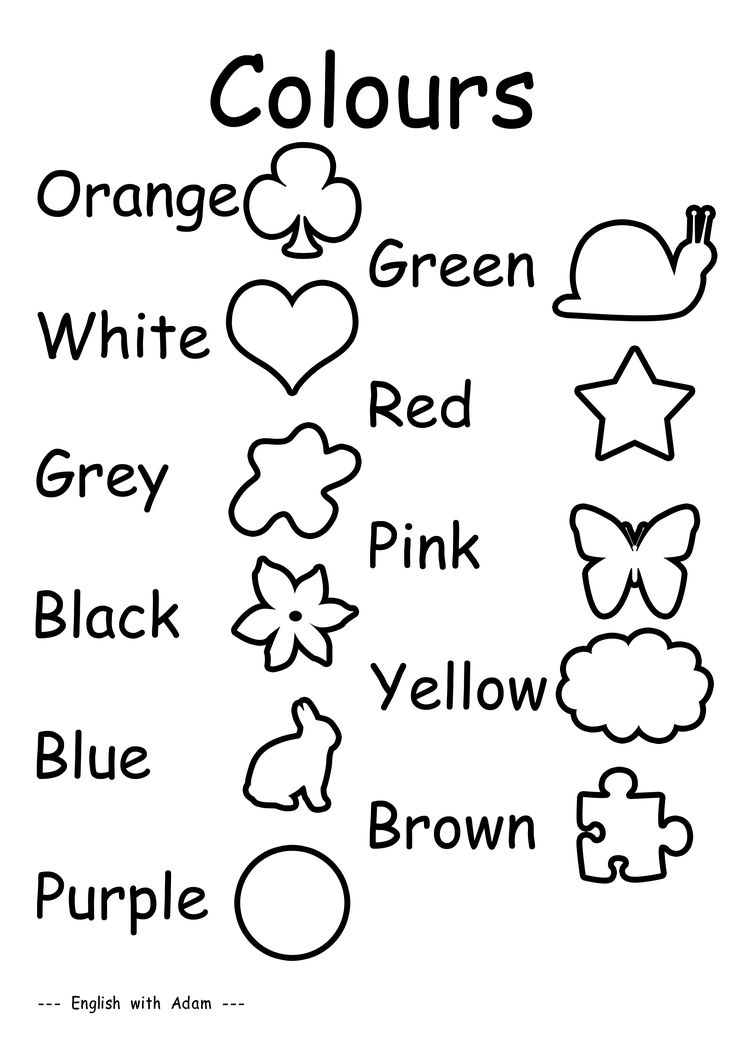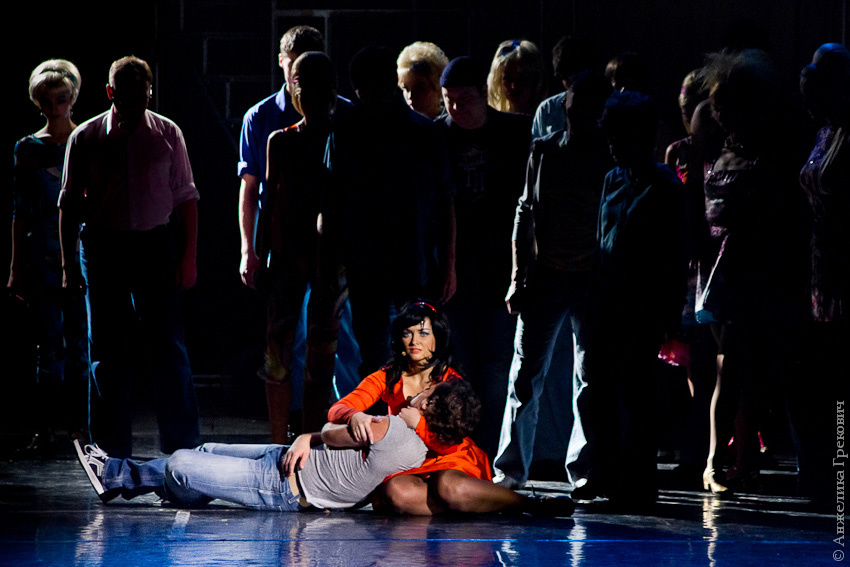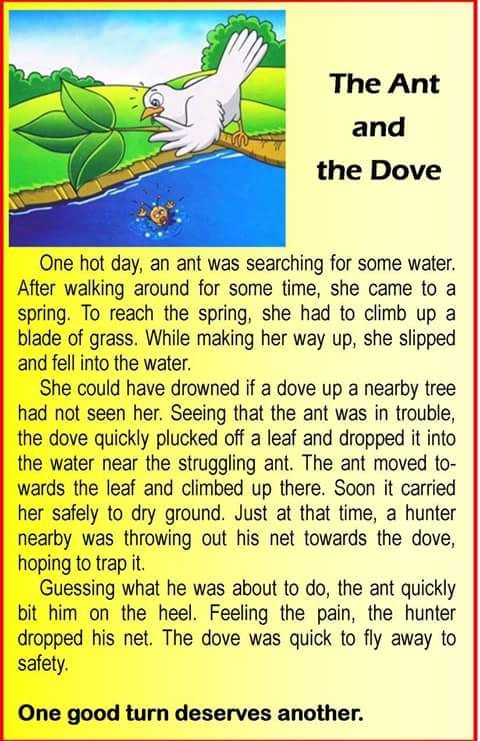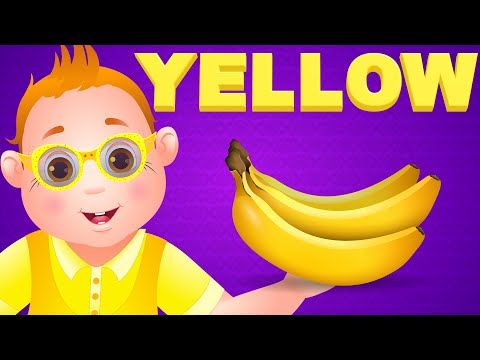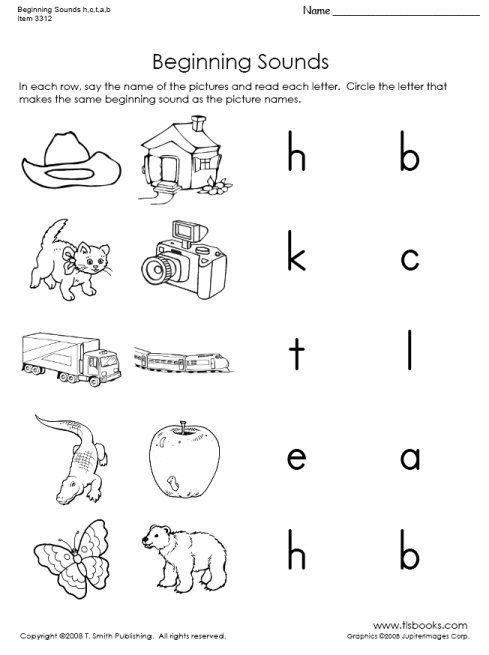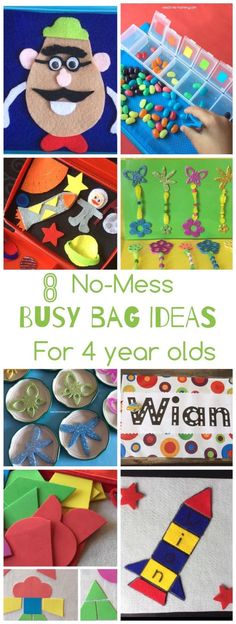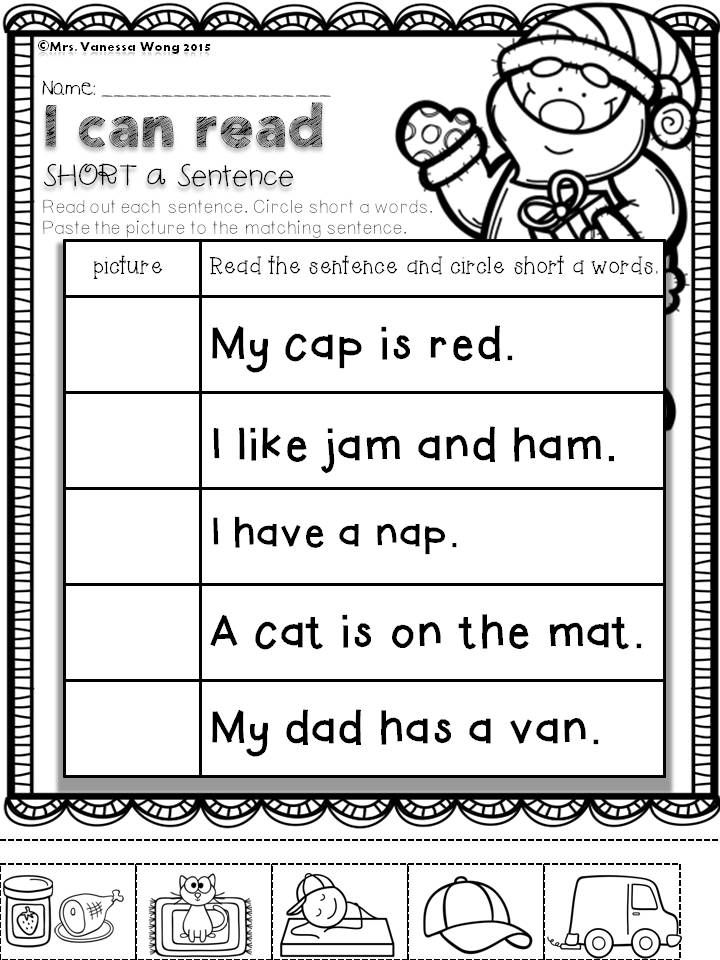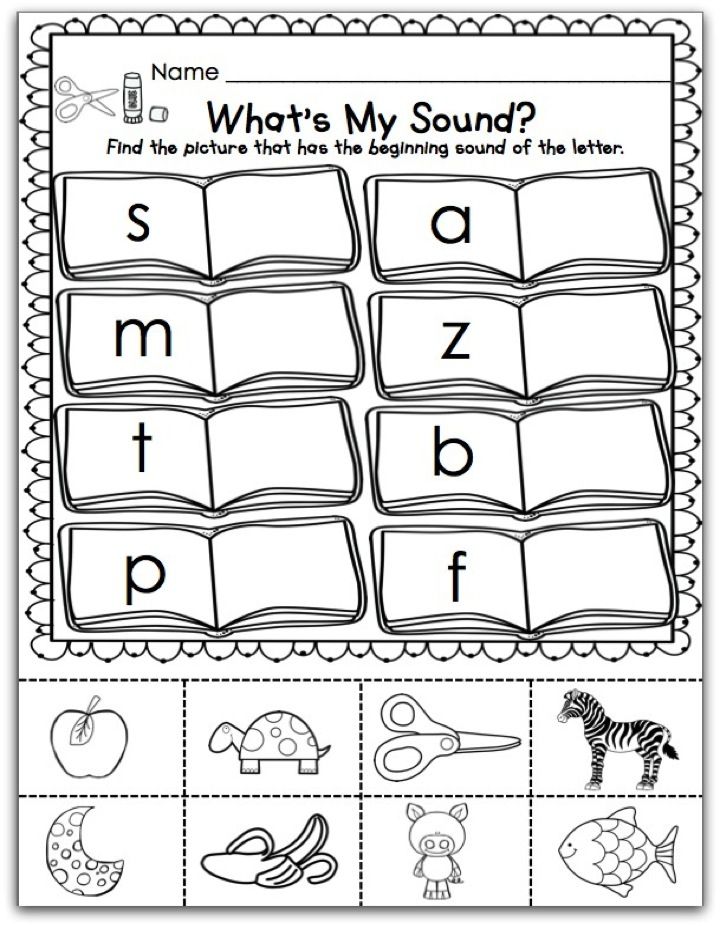Compound words with pictures
Compound Words: Picture Puzzle #1 Use each pair of pictures to write a compound word. Words: starfish, dragonfly, cowboy, sunflower, horseshoe, pigpen, eyeball, catfish. Or go to the answers. Or go to a pdf of both pages. |
Compound Words: Picture Puzzle #2 Use each pair of pictures to write a compound word. Words: basketball, cupcake, armchair, firefly, downright, fishbowl, eardrum, mailbox. Or go to the answers. Or go to a pdf of both pages. |
Compound Words: Picture Puzzle #3 Use each pair of pictures to write a compound word. Words: sunglasses, flowerbed, upstairs, ladybug, doghouse, downtown, football, pinwheel. Or go to the answers. Or go to a pdf of both pages. |
Compound Words: Picture Puzzle #4 Use each pair of pictures to write a compound word. |
Compound Words: Picture Puzzle #5 Use each pair of pictures to write a compound word. Words: tablespoon, flywheel, sawhorse, penknife, houseboat, toadstool, downhill, raincoat. Or go to the answers. Or go to a pdf of both pages. |
Compound Words: Picture Puzzle #6 Use each pair of pictures to write a compound word. Words: sunup, stopwatch, pinhead, horsefly, sheepdog, shellfish, headlight, snowman. Or go to the answers. Or go to a pdf of both pages. |
Compound Words: Picture Puzzle #7 Use each pair of pictures to write a compound word. Words: frogman, jellyfish, snowball, roundup, hookworm, yearbook, handbag, bulldog. Or go to the answers. Or go to a pdf of both pages. |
Compound Words: Picture Puzzle #8 Use each pair of pictures to write a compound word. 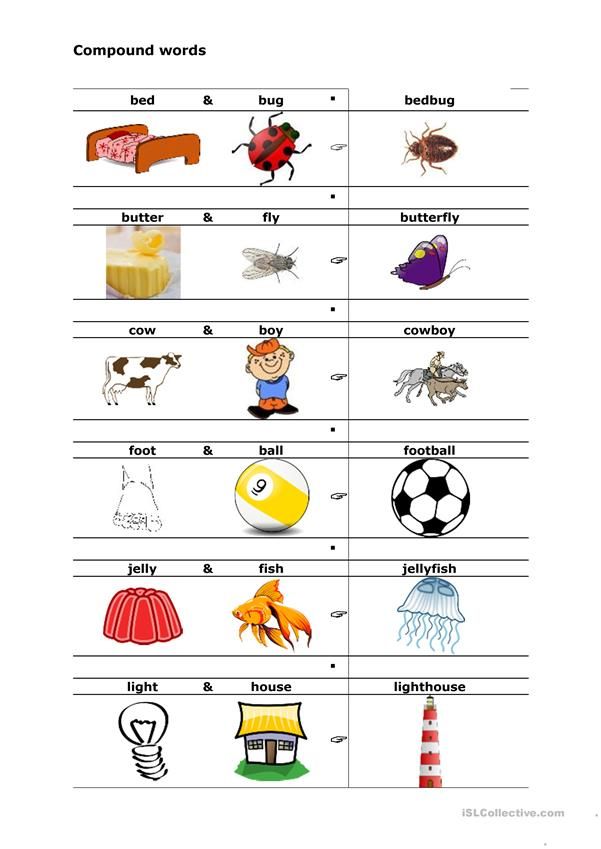 Words: drumstick, flowerpot, haircut, swordfish, northwest, meatball, pigtail, toenail. Or go to the answers. Or go to a pdf of both pages. Words: drumstick, flowerpot, haircut, swordfish, northwest, meatball, pigtail, toenail. Or go to the answers. Or go to a pdf of both pages. |
Compound Words: Picture Puzzle #9 Use each pair of pictures to write a compound word. Words: snowshoe, hairbrush, fireman, pineapple, notebook, handball, lipstick, watchdog. Or go to the answers. Or go to a pdf of both pages. |
Compound Words: Picture Puzzle #10 Use each pair of pictures to write a compound word. Words: pinecone, chairman, pinpoint, fishhook, housefly, firewood, rainbow, fingernail. Or go to the answers. Or go to a pdf of both pages. |
Compound Words: Picture Puzzle #11 Use each pair of pictures to write a compound word. Words: sundown, wheelchair, fruitcake, buttermilk, bedrock, kneecap, headfirst, fiddlesticks. Or go to the answers. Or go to a pdf of both pages. |
Compound Words
Filter
1 PreK
2 Kindergarten
3 1st Grade
4 2nd Grade
5 3rd Grade
6 4th Grade
7 5th Grade
8 6th Grade
9 7th Grade
10 8th Grade
11 9th Grade
12 10th Grade
13 11th Grade
14 12th Grade
Consider sharing this page with others who may find it valuable.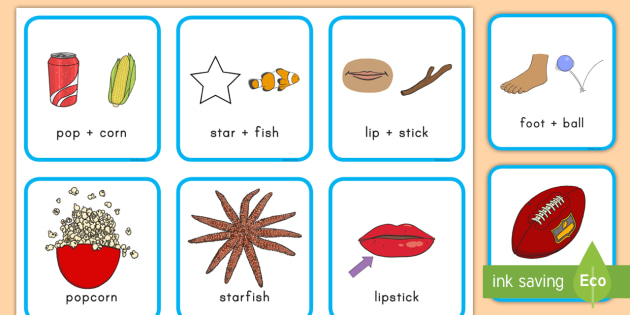
Sort By: NewestOldestName (Z - A)Name (A - Z)Price (High > Low)Price (Low > High)
Show: 15255075100
$4.00
Compound Words Large Print Set
by Curriculum for Autism
Compound Words large print clip cards and write & wipe pages for students with autism and special education needs.30 cards (your students will use clothe spins to clip their answers)5 cross match pages (laminate or pop into plastc pockets)...
Grade Levels: 1st Grade, 2nd Grade
IEP Goals: Given a base word and two word ending choices, STUDENT will choose the correct word to form a known compound word, with 80% accuracy, in 4 out of 5 opportunities, by MONTH, YEAR.
$16.98 $11.99
Two & Three Syllable Words Broken Down With Pictures! MEGA COMBO! 172 PAGES!
by SpeechPage by Don DAmore SLP
This is a BUNDLE containing 2 items.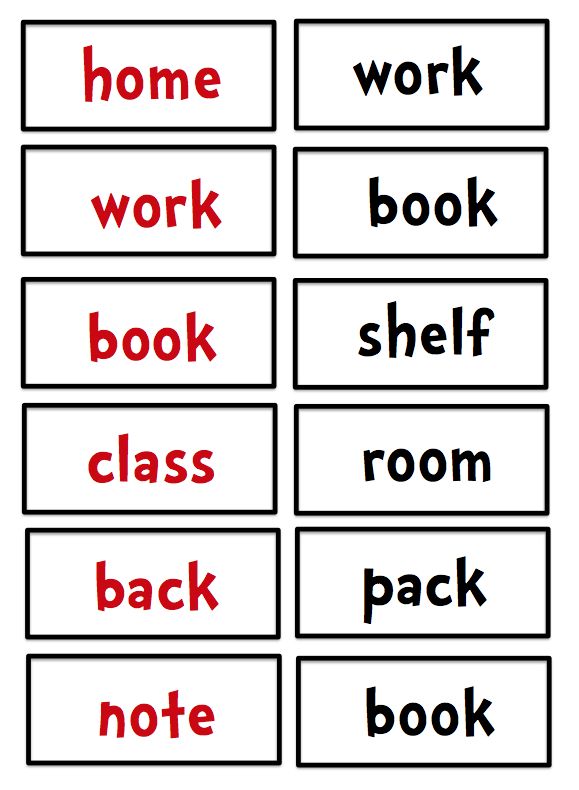
Two & Three Syllable Words Broken Down With Pictures! MEGA COMBO! 172 PAGES! NEW FEB 2021!★ 164 Different 2 or 3-sylllable words broken down into two or three pictures each! ★ 548 Cards! Three different presentation options for each of the words!THIS IS A BIG COST-SAVING COMBO OF OUR TWO RELATED SETS!THIS COMBO INCLUDES BOTH:2 Syllable Words Broken Down With Pictures by Don DAmore MA CCC SL...
Grade Levels: PreK, Kindergarten, 1st Grade, 2nd Grade, 3rd Grade, 4th Grade, 5th Grade, 6th Grade, 7th Grade, 8th Grade
IEP Goals: Array
Given three pictures each representing a letter sound, or combination of sounds, STUDENT will blend the sounds to form a three syllable word by saying the word to match the correct picture word card, with 80% accuracy, in 4 out of 5 opportunities, by MONTH, YEAR.
$7.99
Three Syllable Words Broken Down With Pictures! 80 Pages! NEW FEB 2021!
by SpeechPage by Don DAmore SLP
Three Syllable Words Broken Down With Pictures! 80 Pages! NEW FEB 2021!★ 68 Different 3-sylllable words broken down into three pictures each! ★ 272 Cards! Three different presentation options for each of the words!Part of a truly unique series of SpeechPages! EVERYTHING IS ILLUSTRATED AND DESIGNED BY AN EXPERIENCED SPEECH LANGUAGE PATHOLOGIST!Another Related Don D'Amore SpeechPage Product: 2. ..
..
Grade Levels: Kindergarten, 1st Grade, 2nd Grade, 3rd Grade, 4th Grade, 5th Grade, 6th Grade, 7th Grade, 8th Grade
IEP Goals: Given three pictures each representing a letter sound, or combination of sounds, STUDENT will blend the sounds to form a three syllable word by saying the word to match the correct picture word card, with 80% accuracy, in 4 out of 5 opportunities, by MONTH, YEAR.
$2.50
Compound Words Vocabulary Match Worksheets
by Curriculum for Autism
Compound Words Circle To Match worksheets. 10 No Prep sheets. If you have students who are reluctant to write then these sheets are great for them -all they have to do is circle their answers. ...
Grade Levels: 1st Grade, 2nd Grade, 3rd Grade, 4th Grade
IEP Goals: Given a compound word with either the root missing (first or last to form a compound word), STUDENT will read to choose the correct root, with 80% accuracy, in 4 out of 5 opportunities, by MONTH, YEAR.
FREE
Directions for TASK BOX Custom Bundle
by AutismEducators
Are you getting ready to head back to school? Do you need high-interest, visually pleasing work tasks for your students? Please read these simple directions on how to order your very own "Task Box Filler" Custom Bundle order. ...
Grade Levels: PreK, Kindergarten, 1st Grade, 2nd Grade, 3rd Grade, 4th Grade, 5th Grade, 6th Grade, 7th Grade, 8th Grade, 9th Grade, 10th Grade, 11th Grade, 12th Grade
IEP Goals: Please download and read the simple directions on how to create your very own Custom "Task Box Filler" Bundle and use in your classroom today! EASY to set up and use, these "Task Box Filler" Task Card sets are perfect for homeschooling, tutoring, or practicing at home with your own child. INCREDIBLE SAVINGS!
$3.00
COMPOUND WORDS for Visual Learners | Task Box Filler Activities for Special Education
by AutismEducators
COMPOUND WORDS for Visual Learners “Task Box Filler Activities” for Special EducationThis Task Card “Task Box Filler” set contains Compound Words, using both illustrations and real life pictures, for our visual learners.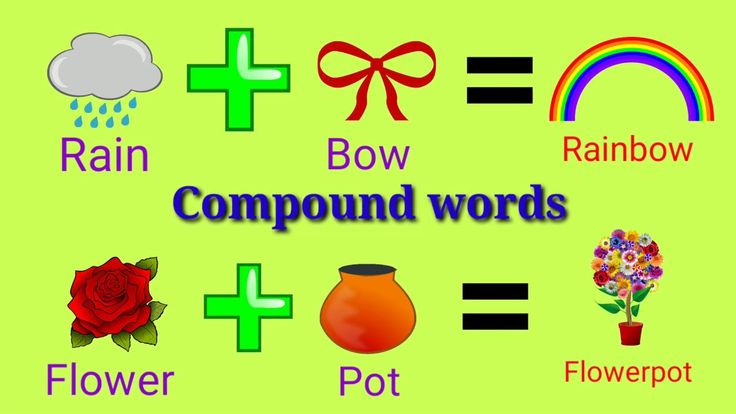 Each set of four cards per word includes two tracing and two for spelling/writing the compound word.NO VELCRO NEEDED!This activity is the perfect independent work task center, or ...
Each set of four cards per word includes two tracing and two for spelling/writing the compound word.NO VELCRO NEEDED!This activity is the perfect independent work task center, or ...
Grade Levels: 1st Grade, 2nd Grade, 3rd Grade, 4th Grade, 5th Grade
IEP Goals: Given two pictures which can form a compound word, STUDENT will say the words apart and then put the final word together by tracing the word, with 80% accuracy, in 4 out of 5 opportunities, by MONTH, YEAR.
Given two pictures which can form a compound word, STUDENT will say the words apart and then put the final word together by spelling the word, with 80% accuracy, in 4 out of 5 opportunities, by MONTH, YEAR.
$7.00
NO PREP Grammar Bundle
by Adaptive Tasks and More
NO PREP Grammar Bundle is a bundle of four grammar products including:
*Compound Words Worksheets
Compound Words Worksheets is a set of 20 worksheets to add to a lesson about compound words. Included are 10 compound word match worksheets and 10 write the compound words and draw and image to represent one of them worksheets.
*Common and Proper Nouns Worksheets
Common and Proper Nouns Works...
Included are 10 compound word match worksheets and 10 write the compound words and draw and image to represent one of them worksheets.
*Common and Proper Nouns Worksheets
Common and Proper Nouns Works...
Grade Levels: 2nd Grade, 3rd Grade, 4th Grade
IEP Goals: Given a variety of activities which focus on grammar skills (compound words/verb tenses/common and proper nouns/rhyming middle vowel sentences) which may include writing, matching, fill-in-the-blank work tasks, STUDENT will complete each activity ________ independently/with prompts, within an allotted amount of time, with 80% accuracy, in 4 out of 5 opportunities, by MONTH, YEAR.
Compound Words / Compound Words + Test
Home / Compound Words / Compound Words in English + Test
In English, there are words formed by the addition of two or more full-valued words or their stems; such words are called compound words. In this case, different parts of speech can be combined with each other, i.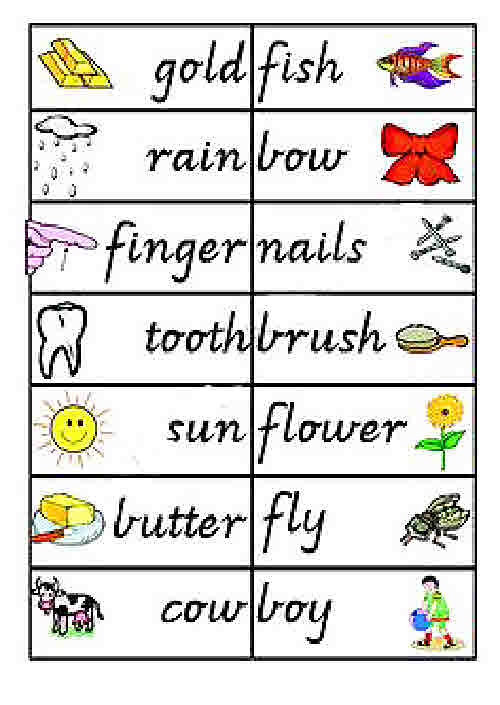 e. noun + verb, noun + noun, adjective + noun, etc. Compound words can be written with a hyphen, together, or in two separate words. There are no specific rules for writing Compound Words.
e. noun + verb, noun + noun, adjective + noun, etc. Compound words can be written with a hyphen, together, or in two separate words. There are no specific rules for writing Compound Words.
Compound words education
Match the word from the first column with the word from the second and you will get a compound word. All words are replaced by pictures and are not in order!
Check your answers
Compound list with translation
| airport | eəpɔːt | airport |
|---|---|---|
| anymore | eniˈmɔː | no more, no more, no more |
| anyplace | enipleɪs | everywhere, everywhere, anywhere, anywhere, anywhere |
| armchair | ˈɑːmtʃeə | chair |
| backache | bækeɪk | pain in the back or small of the back, lumbago |
| background | bækɡraʊnd | background, background, background, background |
| backpack | bækpæk | backpack; go camping |
| basketball | bɑːskɪtbɔːl | basketball |
| bathrobe | bɑːθrəʊb | bathrobe, bathrobe |
| bathtub | bɑːθtʌb | bath |
| battleship | bætlʃɪp | battleship |
| bedroom | bedrum | bedroom |
| beeline | biːlaɪn | direct line |
| birthday | bɜːθdeɪ | birthday |
| blackboard | blækbɔːd | blackboard |
| bookcase | ˈbʊkkeɪs | bookcase |
| booklet | bʊklɪt | booklet, brochure |
| bookshelf | bʊkʃelf | bookshelf |
| bookworm | bʊkwɜːm | bookworm |
| briefcase | briːfkeɪs | portfolio |
| buttercup | bʌtəkʌp | buttercup |
| butterfly | bʌtəflaɪ | butterfly |
| campfire | bonfire | |
| campground | ˈkæmpˌɡrɑːwnd | camp |
| candlestick | kændlstɪk | candlestick |
| cardboard | kɑːdbɔːd | cardboard |
| carpet | carpet | |
| chopstick | tʃɒpstɪk | chopsticks |
| classmate | smeɪt | classmate |
| clockwise | klɒkwaɪz | clockwise |
| courtyard | tjɑːd | courtyard |
| cowboy | kaʊbɔɪ | cowboy |
| cupboard | kʌbəd | cabinet |
| cutlet | kʌtlɪt | cutlet |
| daredevil | ˈdeədevl̩ | daredevil |
| daydream | dreams | |
| dishwasher | dɪʃwɒʃə | dishwasher |
| dishwater | dɪʃwɔːtə | slop |
| doorbell | bel | doorbell |
| doormat | ˈdɔːmæt | rug |
| door step | step | threshold |
| doorstop | dɔːstɒp | door spring |
| doorway | ˈdɔːweɪ | doorway |
| dragonfly | dræɡənflaɪ | dragonfly |
| droplet | drɒplət | droplet |
| earache | earache | |
| earrings | earrings | |
| evergreen | evəɡriːn | evergreen |
| everybody | evrɪˌbɒdi | all |
| everyday | evrɪdeɪ | everyday |
| eyeball | aaɪbɔːl | eyeball |
| fingerprint | fingerprint | |
| firearm | faɪərɑːm | firearms |
| firefighter | faɪəfaɪtə | fireman |
| fireplace | faɪəpleɪs | fireplace |
| fireproof | faɪəpruːf | fire resistant |
| fireworks | faɪəwɜːks | fireworks |
| fishtail | fɪʃteɪl | fish tail |
| football | fʊtbɔːl | football |
| footprint | fʊtprɪnt | trace |
| forecast | fɔːkɑːst | forecast |
| foresee | fɔːˈsiː | anticipate |
| forget | fəˈɡet | forget |
| forgive | fəˈɡɪv | forgive |
| fourfold | fɔːfəʊld | four times |
| friendship | ˈfriendʃɪp | friendship |
| gentleman | dʒentlmən | gentleman |
| goldfish | ˈɡəʊldfɪʃ | goldfish |
| grandfather | grandfather | |
| grandmother | ˈɡræn ˌmʌðə | grandmother |
| grandstand | ˈɡrænstænd | tribune |
| grasshopper | ˈɡrɑːshɒpə | grasshopper, locust |
| graveyard | ˈɡreɪvjɑːd | cemetery |
| greenhouse | ˈɡriːnhaʊs | greenhouse |
| groundnut | ˈɡraʊndnʌt | peanuts |
| hailstorm | downpour | |
| hallway | hɔːlweɪ | hallway |
| handcuff | hændkʌf | handcuff |
| headache | ˈhedeɪk | headache |
| headlight | hedlaɪt | headlight |
| headmaster | hedˈmɑːstə | director |
| headmistress | hedˈmɪstrɪs | headmistress |
| heartbeat | hɑːtbiːt | heartbeat |
| heartbroken | hɑːtbrəʊkən | broken hearted |
| highway | haɪweɪ | highway |
| homework | həʊmwɜːk | homework |
| honeycomb | hʌnɪkəʊm | honeycomb |
| hookworm | hʊkwɜːm | hookworm |
| horsefly | hɔːsflaɪ | horsefly |
| houseboat | haʊsbəʊt | houseboat |
| inside | ɪnˈsaɪd | inside |
| jawbone | dʒɔːbəʊn | jawbone |
| ladybug | leɪdibɜːd | ladybug |
| landlady | ˈlændleɪdi | landlady |
| landlord | lændlɔːd | landlord |
| leadership | liːdəʃɪp | manual |
| leaflet | liːflɪt | leaflet |
| lengthwise | leŋθwaɪz | along |
| lighthouse | laɪthaʊs | beacon |
| loudspeaker | laʊdˈspiːkə | loudspeaker |
| masterpiece | mɑːstəpiːs | masterpiece |
| match stick | ˈmætʃstɪk | match wooden part |
| meatball | miːtbɔːl | meatball |
| moonlight | moonlight | |
| myself | maɪˈself | self |
| necktie | nektaɪ | tie |
| newspaper | ˈnjuːspeɪpə | newspaper |
| nobody | ˈnəʊbədi | nobody |
| offhand | ˌɒfˈhænd | impromptu |
| online | ˈɒnˌlaɪn | online |
| otherwise | ˈʌðəwaɪz | otherwise |
| outdoor | aʊtdɔː | outdoor |
| outfield | aʊtfiːld | outfield |
| outfit | aʊtfɪt | gear |
| outgrow | aʊtˈɡrəʊ | outgrow |
| outlaw | aʊtlɔː | outlaw |
| outlet | exit | |
| outnumber | outnumber | |
| outpatient | aʊtpeɪʃnt | outpatient |
| outside | aʊtˈsaɪd | outside |
| overboard | ˈəʊvəbɔːd | overboard |
| overdose | ˈəʊvədəʊs | overdose |
| overdue | ˌəʊvəˈdjuː | overdue |
| pancake | pænkeɪk | pancake |
| partnership | partnership | |
| penknife | pen naɪf | penknife |
| photocopy | fəʊtəʊkɒpi | photocopy |
| playground | pleɪɡraʊnd | playground |
| playroom | playroom | |
| popcorn | popcorn | |
| postman | stmən | postman |
| railway | reɪlweɪ | railway |
| rainbow | reɪnbəʊ | rainbow |
| rain drops | reɪndrɒps | rain drops |
| rattlesnake | ˈrætlsneɪk | rattlesnake |
| ringworm | ringworm | |
| sandbags | ˈsændbæɡz | sandbags |
| sandcastle | sændkɑːsl̩ | sandcastle |
| sandpaper | sændpeɪpə | sandpaper |
| seafood | siːfuːd | seafood |
| seashore | siːʃɔː | seaside |
| seaweed | siːwiːd | seaweed |
| shipwreck | prek | shipwreck |
| shoestring | ˈʃuːstrɪŋ | lace |
| shortbread | ˈʃɔːtbred | shortbread |
| skateboard | skeɪtbɔːd | skateboard |
| skyscraper | skyscraper | |
| snowboard | snoˌbɔːd | snowboard |
| snowstorm | blizzard | |
| something | sʌmθɪŋ | something |
| sound proof | saʊndpruːf | soundproof |
| spaceship | ˈspeɪsʃɪp | spacecraft |
| staircase | steəkeɪs | ladder |
| starlight | stɑːlaɪt | starlight, starlight |
| stomachache | stomach pain | |
| strawberry | bri | strawberry |
| sunlight | sʌnlaɪt | sunlight |
| sunshine | sʌnʃaɪn | sunlight |
| superhuman | suːpəˈhjuːmən | superhuman |
| superimpose | suːpərɪmˈpəʊz | overlay |
| supernatural | suːpəˈnætʃrəl | supernatural |
| surfboard | sɜːfbɔːd | surfboard |
| tailgate | teɪlɡeɪt | tailgate |
| teacup | tiːkʌp | tea cup |
| teapot | tiːpɒt | kettle |
| thunderstorm | thunderstorm | |
| tightrope | taɪtrəʊp | taut rope |
| timetable | taɪmˌteɪbl̩ | schedule |
| tombstone | tombstone | |
| toolbox | ˈtuːlbɒks | toolbox |
| toothbrush | ˈtuːθbrʌʃ | toothbrush |
| understand | stænd | understand |
| wallpaper | ˈwɔːlpeɪpə | wallpapers |
| wardrobe | ˈwɔːdrəʊb | wardrobe |
| warship | ˈwɔːʃɪp | warship |
| watermelon | watermelon | |
| waterproof | waterproof | |
| weekend | wiːkˈend | weekend |
| wheelbarrow | ˈwiːl̩bærəʊ | wheelbarrow, gurney |
| wheelchair | ˈwiːl̩tʃeə | wheelchair |
| woodcutter | ˈwʊdkʌtə | lumberjack |
| woodland | wʊdlənd | forest |
| woodpile | wʊdpaɪl | bundle of firewood |
| woodshed | wʊdʃed | woodshed |
| woodwork | wʊdwɜːk | wood products |
| woodworm | wʊdwɜːm | wood borer |
| yourself | jɔːˈself | self |
Compound words.
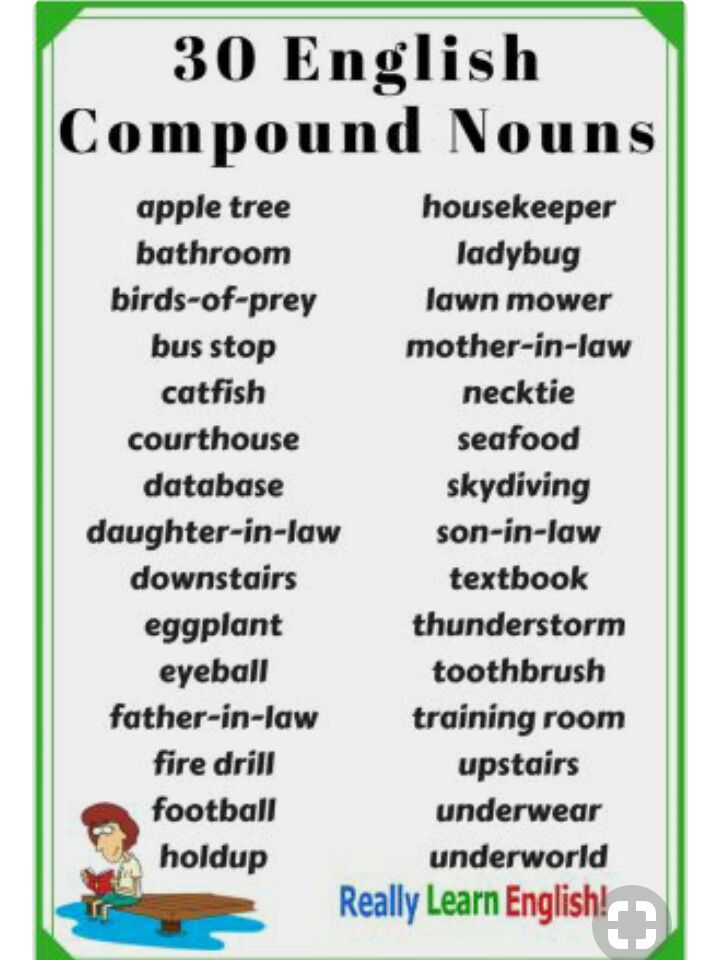 Compound words test
Compound words test Compound words download in pdf
Compound words pdf
2017-09-14
how to quickly learn English words
Have you ever learned a set of new words in English, repeating them several times, listening to the transcription and looking at usage examples, but when you need to remember this word after some time, it does not pop up in head instantly? It seems to be “spinning on the tongue”, but it’s impossible to remember for sure.
Regular vocabulary development and study of thematic vocabulary is the key to a rich English language. But here's how to make sure that new words are deposited in memory for a long time?
Today we will share the secrets of how to learn and easily memorize English words.
How many words you need to know
Before talking about techniques and techniques for memorization, I would like to say that learning English words and learning English is not the same thing.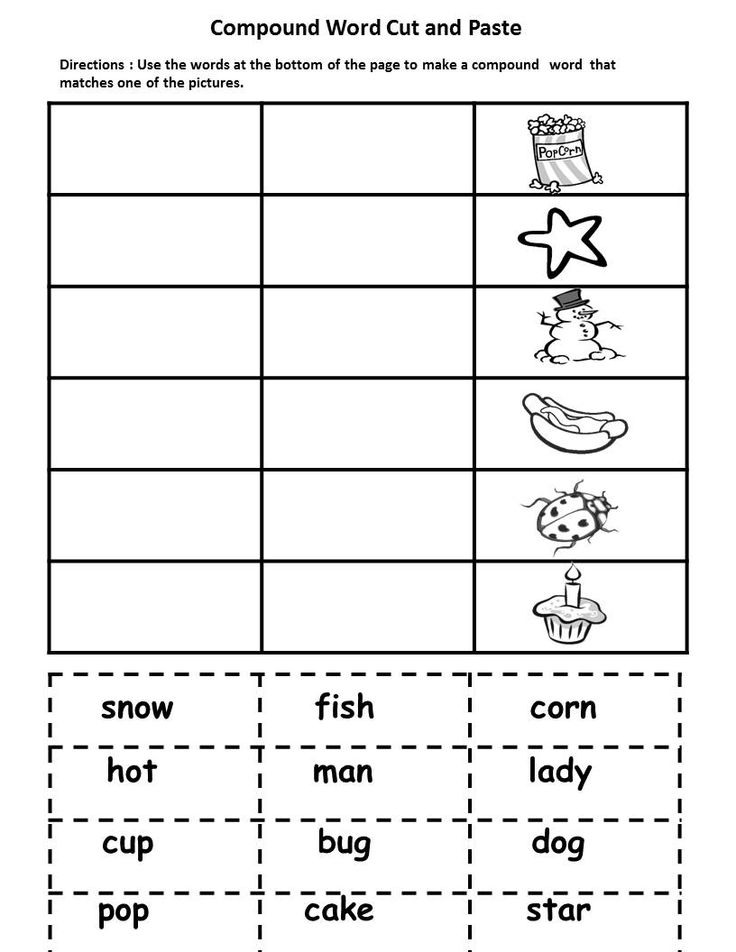 After all, the language is alive, it uses the rules of grammar, and the translation of the same word may vary depending on the context.
After all, the language is alive, it uses the rules of grammar, and the translation of the same word may vary depending on the context.
So even if you memorize ten thousand words from the Oxford Dictionary, there will be no sense if you cannot use them in live speech.
Naturally, the standards for knowledge of words for a native speaker and for an English learner of English as a foreign language are very different.
The average active vocabulary of an English speaker, which he regularly uses in everyday life, is from 10,000 to 20,000 words. But the passive stock can be from 50,000 to 100,000 words.
For those who study English as a foreign language, the numbers are quite different. So, for a general understanding of oral speech and superficial communication, knowledge of about 1000 high-frequency words will be enough. 3,000-4,000 words are enough to keep a conversation going on general topics and watching simple movies and series. But if you want to understand up to 100% of speech, you will need a supply of about 20,000 words.
You can check your vocabulary with a special test: Vocabulary test. His results are pretty accurate, especially if you answered honestly.
The number of words learned does not guarantee that you will communicate fluently. It is important to approach vocabulary replenishment wisely: not to cram everything in a row, but to concentrate on the most frequently used words and thematic vocabulary.
Start with basic topics such as family, home, work, city, weather, animals, food, travel, and so on.
The most frequently used words in English are called high frequency. You can take new vocabulary from ready-made lists of such words - then you will quickly master colloquial speech and be able to start applying new knowledge as early as possible.
Learning all available sets of words is simply pointless. It is unlikely that you will need advanced medical terminology, unless you are going to build a career in the field of medicine. Similarly, if you need special words on a narrow topic, learn them.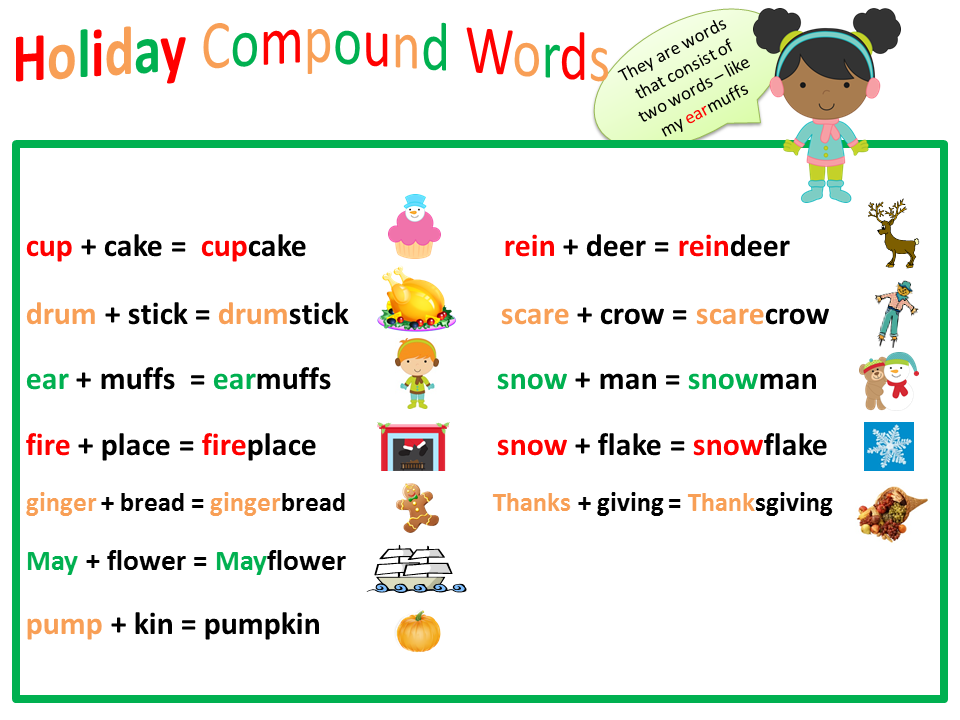 It is not necessary to know by heart all the terms and special vocabulary if you do not apply it in life.
It is not necessary to know by heart all the terms and special vocabulary if you do not apply it in life.
Where to get new English words
The main source is thematic vocabulary. On the Internet and in teaching aids, you will find enough sets of words for different levels.
There are also special textbooks for increasing vocabulary and dictionaries for the most frequently used words.
Progress does not stand still: many new words and slang expressions have appeared recently, and some have fallen into disuse. Keep your finger on the pulse and write down new words as you encounter them in TV series, movies, articles, podcasts and the media.
By the way, films, series, articles and books are an excellent source of new words. Regular viewing of videos with subtitles is good because unfamiliar words are used in an interesting context for you, which means they are remembered faster. The same rule applies to printed materials: find articles on the topic of your profession or area of interest, and also read your favorite books in the original.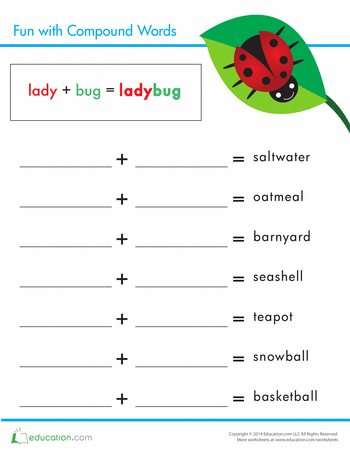
How to quickly learn and remember English words
Flashcards
The method of memorizing new words using cards has been used for a long time, but it does not lose its relevance. It is convenient and accessible to everyone. The meaning is simple: on one side of the card you write the word in English, and on the other side you write the translation. You can make cards yourself with only the vocabulary that you need, or use ready-made thematic sets.
For best effect, choose cards with pictures. Visually, we remember information much easier, and in the future, the word will quickly come to mind if you just remember the picture.
Today, instead of ordinary paper cards, there are many mobile applications and web-based memorization simulators. It is enough to download the application to your smartphone. So the necessary virtual cards will always be at hand. The application itself will remind you which words you have already learned and which are worth looking at again, and will offer material for repetition.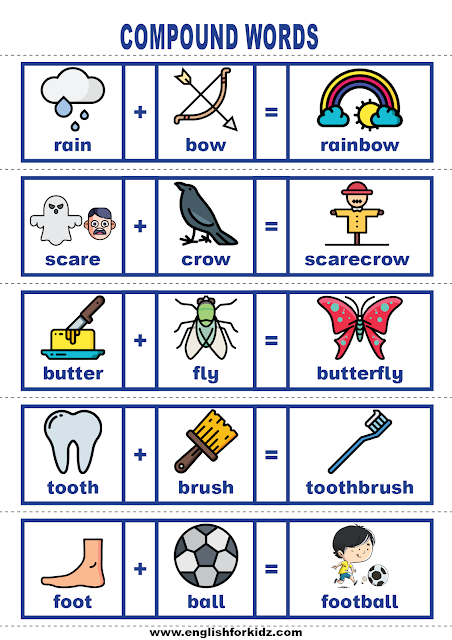
Notepad
The good old way that is still popular. Write down new words in special notebooks in two columns: word-translation.
The trick is that when you write, you remember not only the translation of a word, but also its correct spelling. Write down frequently used phrases with this word or set expressions here. In the future, with repetition, these phrases will be deposited in your head and will be easily remembered as soon as you imagine the word written in the notebook.
Mindmap
This method is suitable for those who love diagrams and drawing.
Highlight a few words on the subject. For example, house (house). Draw it in the center and make arrows to related words (in our case, rooms in the house). In different parts of the sheet, write: bathroom (bathroom), living room (living room), bedroom (bedroom), dining room (dining room). After, for each of the rooms, write a few words that apply to it.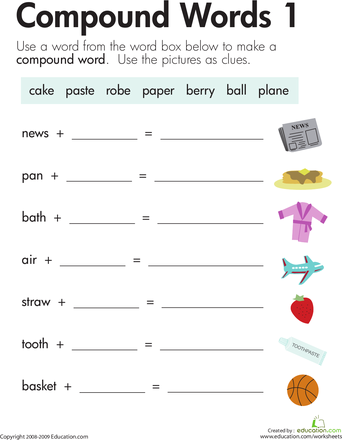 For example, bed (bed), pillow (pillow), sheets (sheets) - to the bedroom, and shower (shower), towel (towel), mirror (mirror) - to the bathroom.
For example, bed (bed), pillow (pillow), sheets (sheets) - to the bedroom, and shower (shower), towel (towel), mirror (mirror) - to the bathroom.
Mentally following this visual pattern, it will be easier for you to remember the words that belong to a particular category.
Rules for memorizing new words easily
Here are some useful tips and principles for those who want to quickly learn English words and not forget anything in a day.
Explore interesting topics
After learning the basic set of words, it is often tempting to learn something "that" in order to shine in a conversation with a foreigner. Yes, there are beautiful words, the use of which in speech can amaze the interlocutor. But, say, why do you need to know the word "lightning" in English if you do not know the word "speed"?
It has been proven that interesting information is better absorbed and remembered much faster. Therefore, learn those words that are in your area of \u200b\u200binterest.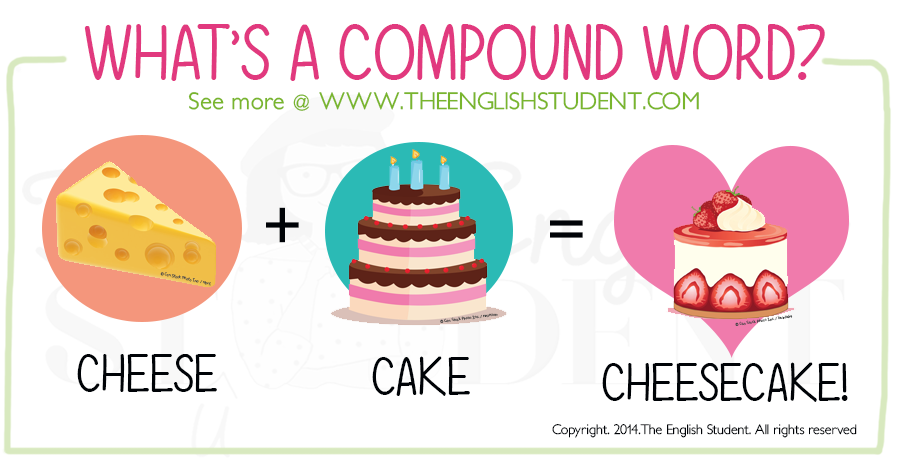 Everyone needs a solid vocabulary base, but each of us has our own passions and hobbies, so collect more information on your favorite topic. Do you like sports? Then watch matches, listen to commentators and read articles on this topic. Do you like to photograph nature and travel? Then subscribe to popular bloggers or watch the National Geographic series of programs. Look for new interesting words where they are used.
Everyone needs a solid vocabulary base, but each of us has our own passions and hobbies, so collect more information on your favorite topic. Do you like sports? Then watch matches, listen to commentators and read articles on this topic. Do you like to photograph nature and travel? Then subscribe to popular bloggers or watch the National Geographic series of programs. Look for new interesting words where they are used.
Don't waste time memorizing those words that you rarely use even in your native language.
Learn words in context
It's not enough just to learn a new word - you also need to be able to apply it. Therefore, immediately look at the examples where it was used, in what context, for what purpose, and so on. Try to make up your sample sentences with a new word and find its use in speech. Imagine when and how you might need to use this word: come up with a situation and play it several times.
The golden rule here is to learn to ignore the words you don't need.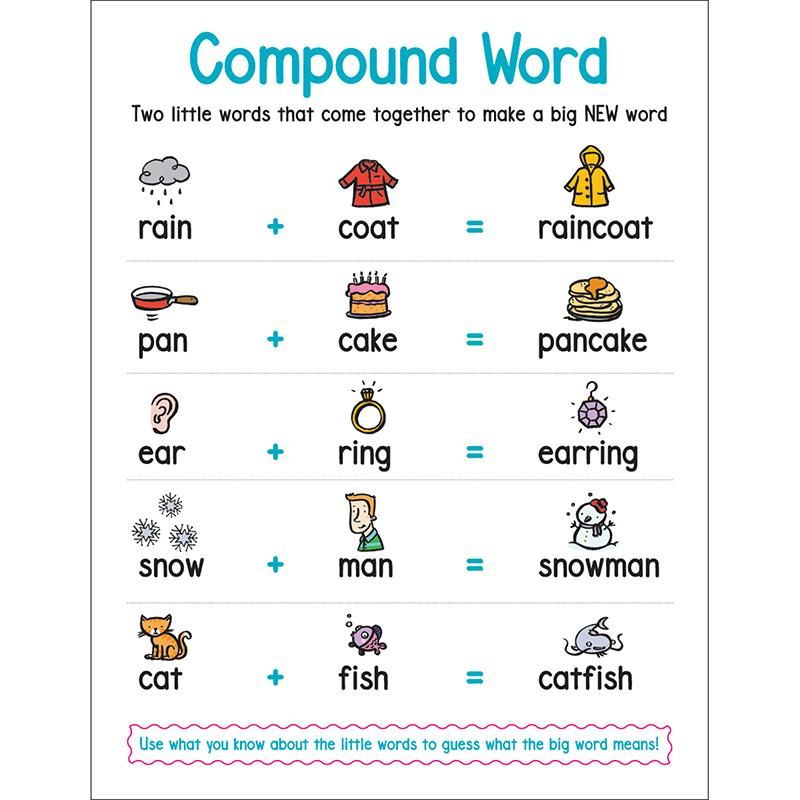 When learning new vocabulary, there is a great temptation to learn it “in a crowd”, and this is not quite the right approach. When you encounter a new word, look through all the options for its use, but remember only the most frequently used ones.
When learning new vocabulary, there is a great temptation to learn it “in a crowd”, and this is not quite the right approach. When you encounter a new word, look through all the options for its use, but remember only the most frequently used ones.
Learn set phrases
Many beginners to learn English make the same mistake: first they build a sentence in Russian in their head, and then translate it. But the norms of our languages are very different, and a foreigner may simply not understand what you mean.
Therefore, along with new words, memorize common collocations and their use in speech. So, “take a photo” in English will be “take a picture”, and not “do a photo”, as many would translate, and “break a record” - “break a record”, and not “beat a record”.
Remember opposites
Opposites not only attract, but are also better remembered. This technique is good to use when memorizing adjectives. For example, it is better to learn words in pairs along with antonyms: good-bad (good-bad), big-small (big-small), happy-angry (happy-evil) and so on.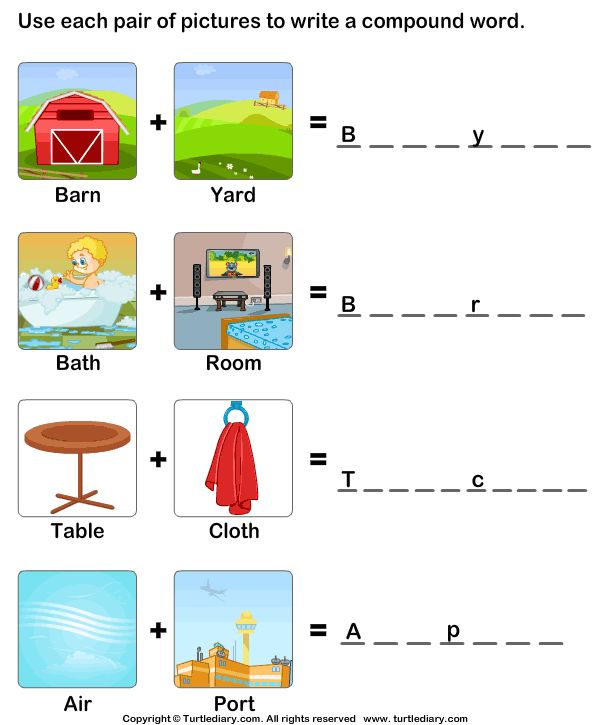
Thanks to this technique, you will be able to remember not only the desired word, but also its antonym, which will immediately pop up in your memory.
Understand difficult words
Many foreign words consist of several simpler ones. Having met a compound word, take it apart and see how they are translated separately. This will help you build associative links and make it easier to remember the word.
For example, the word microbiology (microbiology) consists of two words - micro (small) and biology (biology). It turns out that having analyzed this word, you will learn not one, but three new concepts at once.
You can often guess by analogy how similar words will sound in English. To do this, make a list of common prefixes (un-, dis-, con-, micro-, etc.) and suffixes (-able, -ly, -ent, -tion, -ive, etc.) and remember what they mean. In the future, when you meet a new word, you can easily guess its meaning.
Don't forget grammar
As soon as you come across a new word, you need not only to parse it thoroughly, but also to learn the grammatical rules that correspond to it.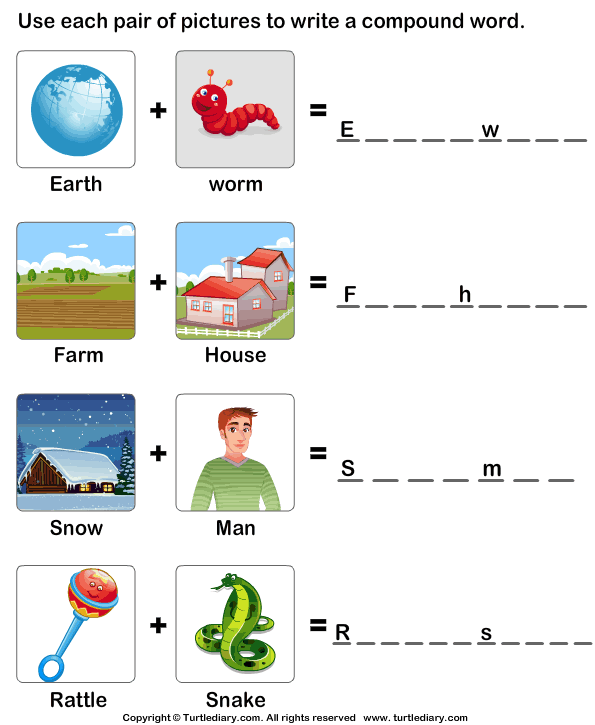 So, a new word may be just a different form of a word you already know.
So, a new word may be just a different form of a word you already know.
Also, learn more verbs and memorize their situational use. For example, having learned the forms of irregular verbs according to the table of tenses, you will no longer know one word, but three.
Use associations
Associative memory is a good thing. It helps to “pull out” the right word from the bins of consciousness without much difficulty. Therefore, when studying, it is good to use flashcards with pictures.
This is especially important for abstract concepts, which are abundant in the language. If you learn words without pictures, imagine them in your head. You can mentally draw a word in the air, give it a color or some form.
By the way, the funnier the association, the faster the new word will be remembered. For example, the word clever is translated from English as “smart”, and in Russian it sounds like the name of a clover plant. Building a sentence: You’re so clever! (You are so smart!), and for a funny association in Russian, imagine it as “Well, you are a clover!”.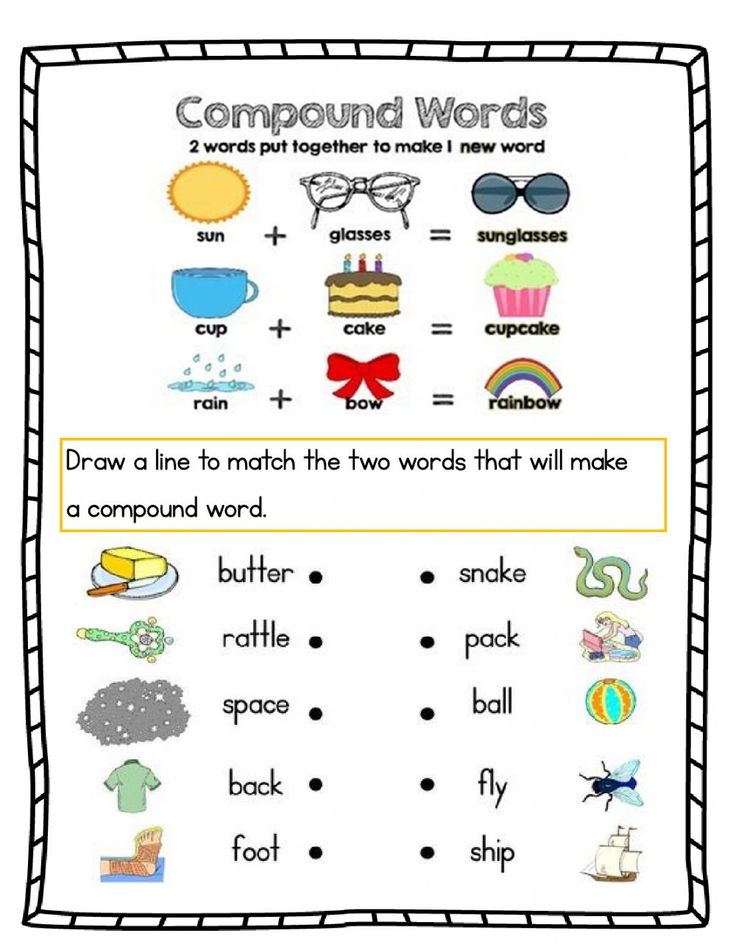
You can even make up a funny story or phrase with a new word. Choose the most unexpected combinations, and you will be surprised how easy they are to remember.
Use new words in speech
As Benjamin Franklin said, “Tell me and I forget. Teach me and I remember. Involve me and I learn ”(Tell me - and I will forget. Teach me - and I will remember. Involve me - and I will learn).
One of the surest ways to quickly remember a new word is to find its use in everyday speech. If you attend courses or study with a teacher individually, use the words you just learned as often as possible. Specially build sentences with new words and do not forget about spelling: use the studied vocabulary in written English.
Make it fun
Above we have already talked about mobile applications and games for memorizing new words. Install this on your smartphone, make a selection of words that interest you and complete tasks regularly.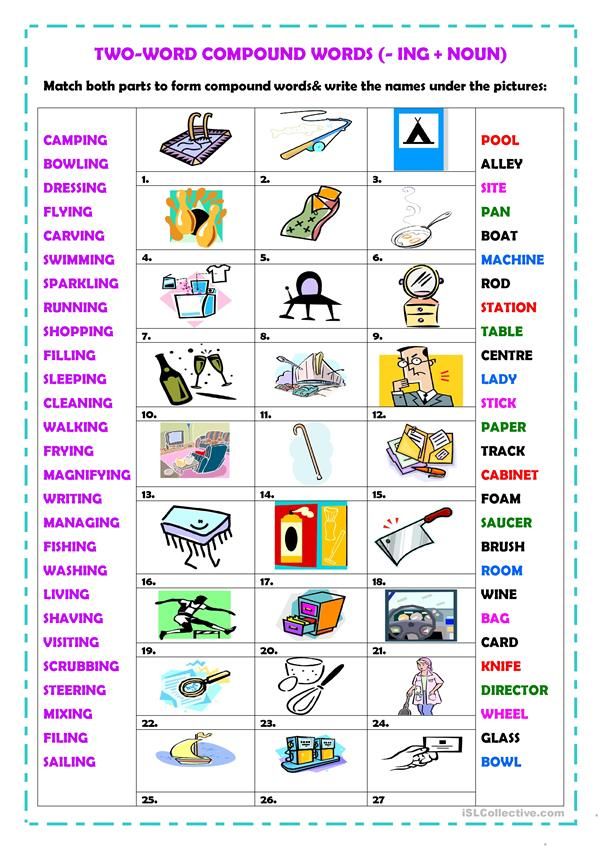 These can be quick games with cards with translation in both directions, composing phrases with words, and so on.
These can be quick games with cards with translation in both directions, composing phrases with words, and so on.
Programs will help you identify words that are especially difficult for you and will focus on learning them.
Don't forget about funny songs or rhymes to remember. Basically, they are used in children's education, but sometimes they help adults. In addition, you can always come up with your own funny rhyme to the word, which activates associative memory.
Consider your type of perception of information
The same methods of memorizing new English words are not equally suitable for everyone. Choose an approach depending on your type of perception. There are three of them: auditory, visual and kinesthetic.
Audiobooks, music or podcasts are suitable for the audience. In order to memorize new words, auditory learners need to read them aloud, repeat and analyze them several times.
Visuals are best suited for the card method, as well as other pictures, tables, and visual aids.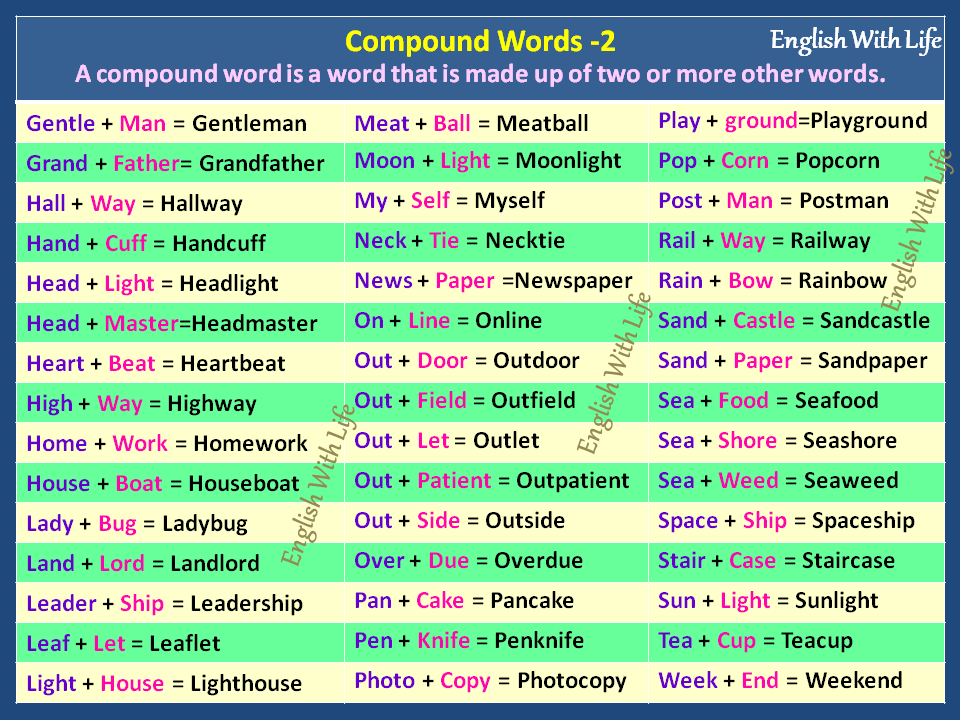 They are better off watching movies and series with subtitles, and also follow the accompanying text when listening to podcasts.
They are better off watching movies and series with subtitles, and also follow the accompanying text when listening to podcasts.
It is easier for kinesthetic learners to memorize new words by writing them on paper. Active gestures come to the aid of this type: imagine a situation when you use a new word and repeat the accompanying hand gestures. For example, remembering the word cup (cup) - pretend that you pick up a cup and pour tea into it. Later, the reproduction of these gestures will help to remember the situation and the word itself.
Whatever type of perception you have, during memorization and repetition, try to fully concentrate on the word being studied. This means that at the time of its repetition, you must clearly imagine it in your head, how it sounds and what it means. If you begin to repeat the learned words mechanically, then the likelihood that they will be deposited in memory for a long time is noticeably reduced.
Spaced repetition technique
In order for a new word to forever be stuck in the head, it is important not so much how to repeat it, but when to repeat it. It's best to do this when you feel like you're about to forget a new word.
It's best to do this when you feel like you're about to forget a new word.
Effective memorization and timing of repetition of new information was developed by the German psychologist Hermann Ebbinghaus. According to his research, you need to repeat a new word at least 9 times in order to remember it. And it's better to do it like this:
- 15 minutes after familiarization
- One hour after last repeat
- Three hours after last repeat
- Next day
- Two days after last repeat
- Four days after last repeat
- One week after the last repetition
- Two weeks after last recurrence
- One month after last repeat
When repeating new words, it is also important to use them in context: to form a phrase or phrase with them.
In conclusion, let's briefly review the main points that are necessary for easy and quick memorization of new English words:
- Learn only the necessary and useful words.

These are basic sets of high-frequency words and vocabulary from your area of interest. Don't forget about verbs, set phrases and colloquial phrases.
- Learn words in context
If you found a new word in an article, song, film, memorize it right away with the context. If you learn a “lonely” word, then come up with a context for it yourself. Do not try to learn all the meanings of a multi-valued word, take into service only the most used ones. And again, don't forget about context.
- Use the word in conversation
If there is no opportunity for conversational practice yet, come up with your own examples and situations when it would be useful for you to use this word. For effective memorization, it is desirable to meet the word in 7-9 different situations.
- Use vivid associations
It doesn't matter what association comes to your mind when you meet a new word. The main thing is that it should be bright and memorable.
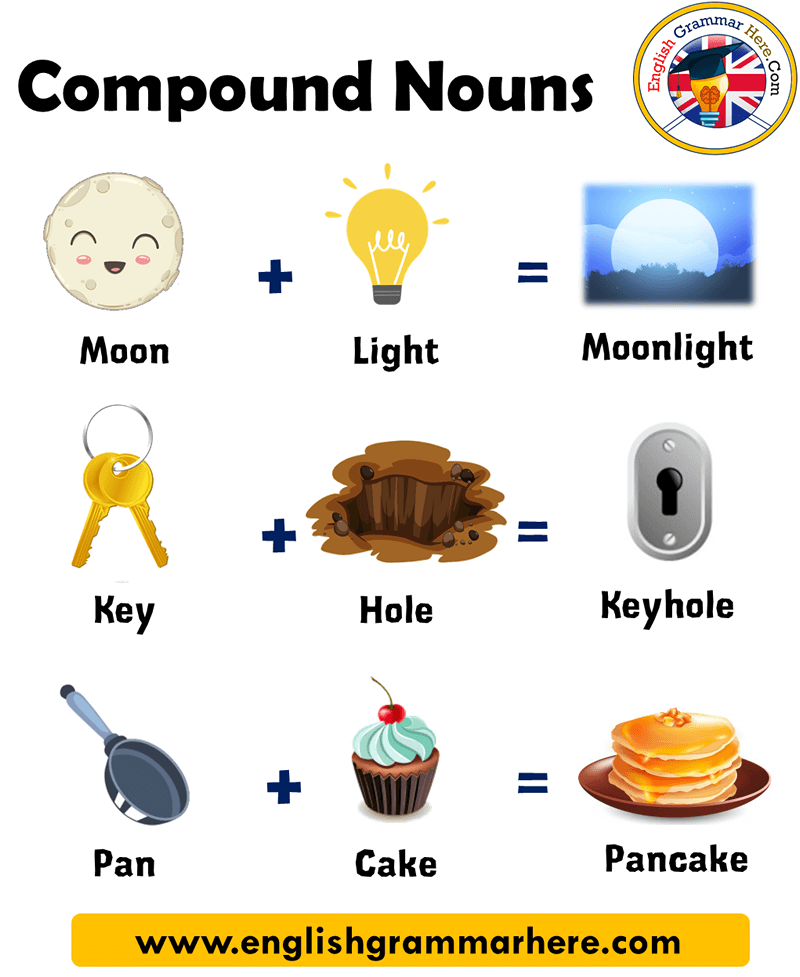
Learn more

